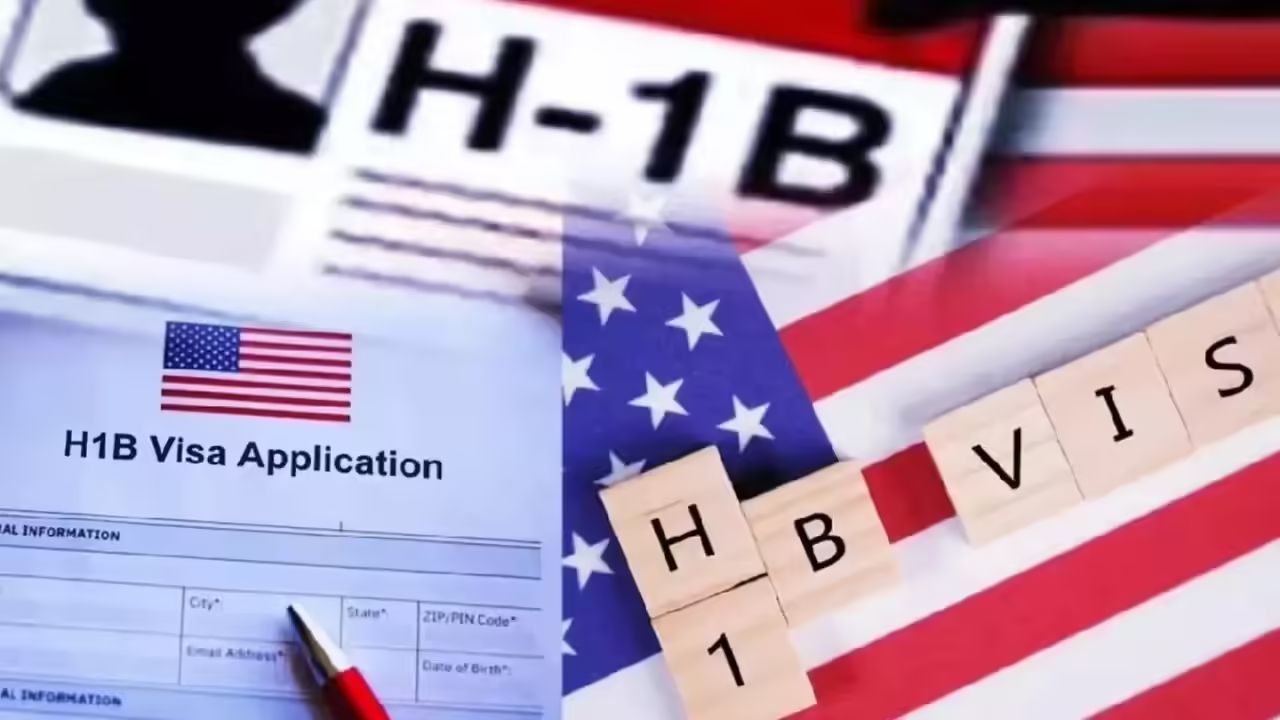 English
English

Dr. Dave Brat has alleged large-scale fraud in the H-1B visa system, saying that one Indian district alone received more than double the total number of visas legally allowed in the US.

Representative image
New Delhi: Former US Representative and economist Dr. Dave Brat has alleged large-scale fraud in the H-1B visa system, saying that one Indian district alone received more than double the total number of visas legally allowed in the US. Speaking on Steve Bannon’s War Room podcast, Brat described the program as “captured by industrial-scale fraud,” highlighting that 71% of H-1B visas go to India, compared with only 12% for China.
Brat specifically noted that the Madras (Chennai) district processed 220,000 H-1B visas in 2024, far exceeding the statutory cap of 85,000 set by the US Congress. This issue, he said, threatens American workers by allowing unskilled or fraudulent applicants to take jobs meant for qualified professionals.
These claims reflect earlier allegations by Mahvash Siddiqui, an Indian-origin former US Foreign Service Officer who worked at the Chennai consulate. Siddiqui said 80–90% of H-1B visas from India were fake, involving forged degrees, employment letters, and proxy applicants. She also highlighted Hyderabad’s Ameerpet area, where coaching centers openly trained people to secure visas through fraudulent documents. Siddiqui added that anti-fraud efforts by US consular officers were often dismissed internally due to political pressure.
The dominance of certain Indian regions in H-1B applications has multiple causes. Southern India, particularly Tamil Nadu, Telangana, Karnataka, and Kerala, is home to major IT hubs, tech training institutes, and outsourcing companies. Many graduates from these areas see H-1B visas as a route to higher salaries, international exposure, and better career opportunities. US companies, in turn, rely heavily on Indian talent for IT, software, and other specialized roles, making these regions the largest source of skilled migrants.
Reports indicate that the US consulate in Chennai alone processed 220,000 H-1B visas and 140,000 H-4 dependent visas in 2024, handling applications from multiple states, making it one of the busiest visa centers worldwide.
While some criticism focuses on applicants and companies in India, experts stress that the real problem lies with weak US oversight and systemic loopholes. The US has allowed huge numbers of applications to be processed without stringent checks, enabling fraud to proliferate. This shows that the responsibility for the situation lies primarily with US authorities, not the applicants.
Despite these issues, the H-1B visa program remains critical for the US, especially in the tech sector. Even President Trump has emphasized that America needs global talent to stay competitive, showing the program’s strategic importance.
In short, while young Indians pursue better opportunities and careers, the US visa system’s structural flaws and poor monitoring have created loopholes that allow abuse, putting both genuine applicants and American workers at risk. Stronger oversight and stricter enforcement could ensure that the program benefits all stakeholders fairly.